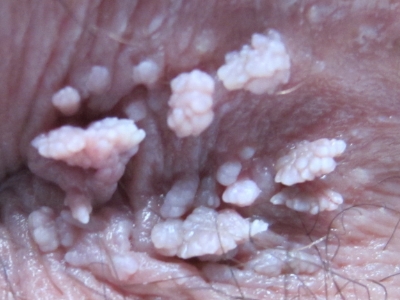Types Of Warts

What are Warts?
Warts are a type of skin infection caused by the human papillomavirus (HPV). The infection causes skin-colored bumps to form on the skin. You can get warts from touching someone who has them. Warts most commonly appear on the hands, but they can also affect the feet, face, genitals, and knees.

What Are The Types Of Warts?
- Common Warts: These often develop on the fingers, nails, toes, or the back of the hand. Sometimes, common warts develop on the knees. Common warts usually occur in areas of broken skin, such as around bitten fingernails or where someone has pulled a hangnail.
- Plantar Warts: These usually occur on the feet or ankles. Plantar warts resemble thick, calloused skin, often with black dots on the surface.
- Flat Warts: These are also called plane warts which are slightly raised and smooth in appearance.
- Filiform Warts: These are long and spiky and often appear around the eyes, nose, and mouth. Filiform warts grow quickly.
- Periungual Warts: These grow around the finger and toenails, usually spreading underneath the nail.
- Genital Warts: Genital warts are a form of sexually transmitted infection (STI).
What Causes Warts?
When the human papillomavirus (HPV) enters a cut in the skin, it causes a skin infection that forms warts. Warts are very contagious. The virus can spread from person to person or from different parts of the body through:
- Touching something contaminated with the virus, such as doorknobs, towels, and shower floors
- Direct contact with a wart
- Sexual intercourse (genital warts)
- Shaving
- Nail-biting and cuticle picking

How to Prevent Warts?
You can lower your risk of picking up the virus or stop warts from spreading by taking these steps:
- Don’t touch another person’s wart.
- Break the habit of biting your nails or picking at cuticles.
- Don’t share towels, washcloths, clothing, nail clippers, razors, or other personal items.
- Avoid shaving over a wart.
- Try not to scratch, cut or pick at a wart.
- Keep your feet dry to prevent the spread of plantar warts.
- Wear flip-flops or shoes when using a public locker room, pool area, or shower.
- Get the HPV vaccine and use condoms to prevent genital warts.
Treatment for Warts
Warts often go away on their own after your immune system fights off the virus. Because warts can spread, cause pain and be unsightly, your doctor may recommend treatment. Options include:
- At-home wart removal – OTC wart removal medications that contain salicylic acid is used. This chemical dissolves warts one layer at a time.
- Immunotherapy – immunotherapy helps your immune system fight the virus.
- Laser treatment – your doctor uses laser light to heat and destroy tiny blood vessels inside the wart. The process cuts off blood supply, killing the wart.
- Topical medicine – your doctor may apply a liquid mixture containing the chemical cantharidin.
Medication usually used for warts:
- Imiquimod Cream – this is in a class of medications called immune response modifiers as it increases the activity of the body’s immune system.



